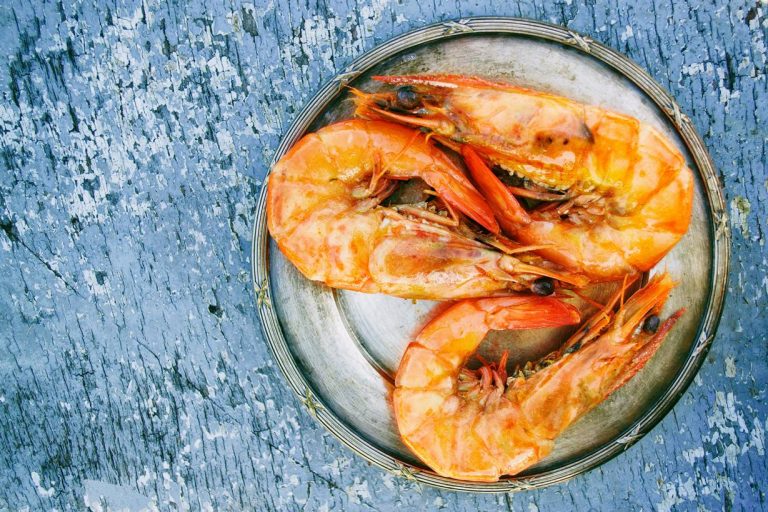Shrimp is a widely enjoyed seafood delicacy. They are small, decapod crustaceans found in both fresh and saltwater environments worldwide. These fascinating creatures boast a remarkable diversity of species, ranging in size from tiny to relatively large. With their distinctive elongated bodies, ten legs, and often vibrant colours, shrimp play a crucial role in marine ecosystems as both predators and prey.
Renowned for their tender, flavorful meat, shrimp is a staple ingredient in cuisines around the globe, featuring in dishes ranging from classic shrimp scampi to spicy shrimp curry. Whether grilled, boiled, fried, or incorporated into soups and salads, shrimp delight appetite with their succulent taste and versatile culinary potential.
While this seafood has some health benefits, some people can only admire Shrimp in dishes from afar, eating it is not for everyone. Here are five reasons your body reacts after eating shrimp.
1. Shellfish Allergy
Shrimp are common allergens, and an allergic reaction can occur due to proteins found in their shells. Symptoms may include itching, hives, swelling, difficulty breathing, and in severe cases, anaphylaxis.
2. Histamine Intolerance
Shrimp contain high levels of histamine, a compound involved in allergic reactions. Some people may have difficulty breaking down histamine, leading to symptoms such as headaches, flushing, itching, and digestive issues.
ALSO READ: 5 dangers of eating too much Shrimp
3. Shellfish Poisoning
Consuming contaminated or improperly cooked shrimp can lead to shellfish poisoning. Bacterial toxins, such as those produced by Vibrio species, can cause symptoms like nausea, vomiting, diarrhoea, abdominal pain, and fever.
4. Cross-Reactivity
Individuals allergic to other shellfish, such as crab or lobster, may also react to shrimp due to cross-reactivity among shellfish allergens.
5. Sensitivity to Additives
Some individuals may react to additives used in processed shrimp products, such as sulfites, which are used as preservatives. Symptoms may include headaches, skin rashes, and respiratory issues.
However, you need to consult with a healthcare professional if you experience any adverse reactions after eating shrimp or any other food.
